Six years ago, I quit my job as a graphic designer to try to run my own illustration business full-time. My journey thus far has been full of wonderful moments, but it hasn’t been easy. It’s a challenge to combine art with business and I wouldn’t recommend it for everyone. I really respect people who choose to keep their creativity separate from their income—sometimes I even envy that! But for those who do want to venture down this winding path of supporting themselves with their art, I want to share a few lessons I’ve learned along the way.
1. To always throw my name in the hat
When I first started out, I felt nervous and even embarrassed to apply for certain opportunities that felt out of my league. I felt like a puny little nobody with no clients and an underdeveloped portfolio… who would pick me? But eventually, I learned that there is nothing to lose and the sting of rejection softens as you continue to put yourself out there. I apply to so many opportunities now that I only feel a blip of disappointment when I’m not selected.
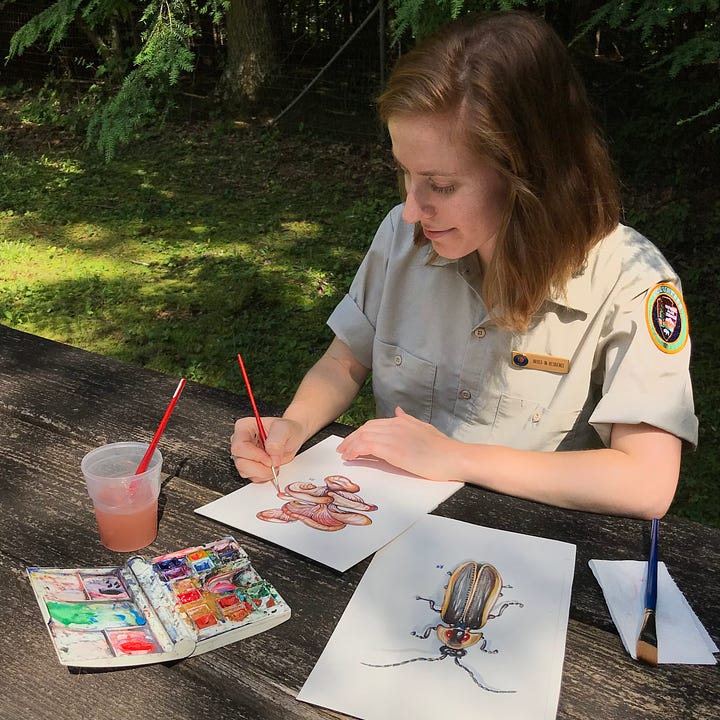
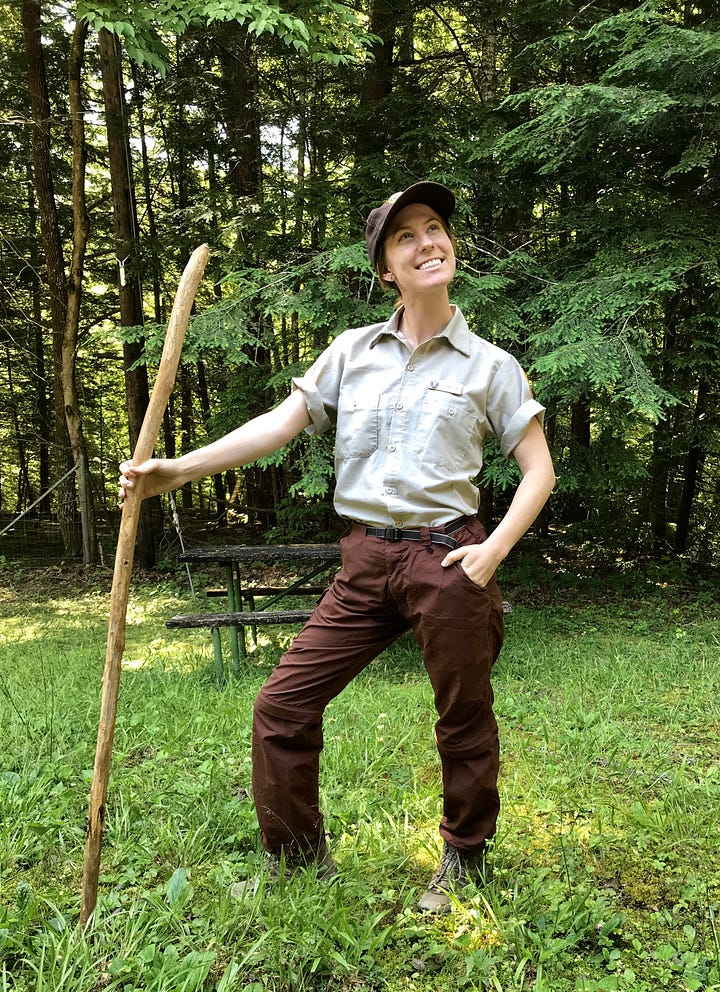
It’s also crucial to get into the habit of looking for opportunities that might be a good fit instead of waiting for them to fall into your lap. I’m constantly thinking about which retail shops, brands, publishers, etc. might want to work with me. And then I email them! I’d say that 90% of my career opportunities have come from me reaching out and pitching my ideas to others. This means that I’ve racked up hundreds of rejections along the way, but the times when something does work out make it all worth it.
2. To live well below my means
My income fluctuates drastically based on the economy, the time of year, my creative output, and the current demand for illustration work. But when I consistently put any excess income into savings and keep my overhead low, I can still achieve financial stability. During my first few months of self-employment, I lived in my grandmother’s attic and helped clean and cook for her in exchange for housing. This meant that I was able to start saving money right away, even though I had very little income. On months when I get a bunch of wholesale orders, I tuck it away, knowing my income could dip at any time.
I’ve also learned not to be too frugal when it comes to tools that will streamline my work, like a good laptop, scanner, Photoshop, and painting materials. But I stay away from impulse or luxury purchases, both in my personal life and business. Having financial wiggle room allows me to experiment, take risks, and gives me the time to work on passion projects like books, which tend to be far from a lucrative endeavor.
3. That nobody’s life is as glamorous as it seems
I’ve only told this story to a handful of people, but during the year that I got my first book deal, landed an illustration contract with the outdoor brand Patagonia, and had a top-performing online class on Skillshare, I was living in my sister’s apartment closet in Pittsburgh. Covid-19 hit right when I was planning to leave for an artist residency, and I decided to camp out with my sister until things opened back up (couldn’t be longer than a month or two, right?!). But as you well know, things took much longer than anticipated! So while it looked like I had everything together on the outside, I was living a very humble life behind closed doors. Oh, and that juicy Patagonia contract? Cancelled because of Covid-19 budget cuts. 👎 It’s so tempting to envy the lives of other creative entrepreneurs who seem to live your dream life. But trust me, their lives are just as messy and complex as yours.
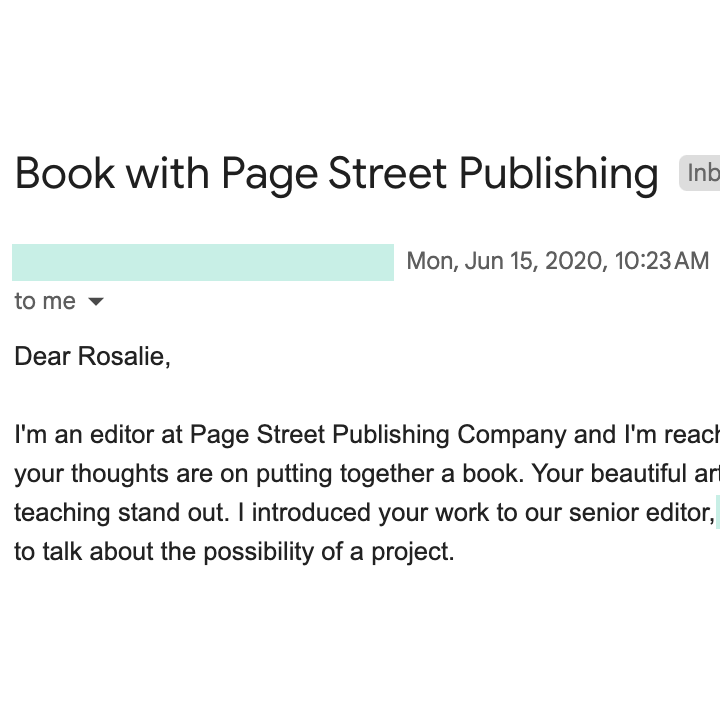
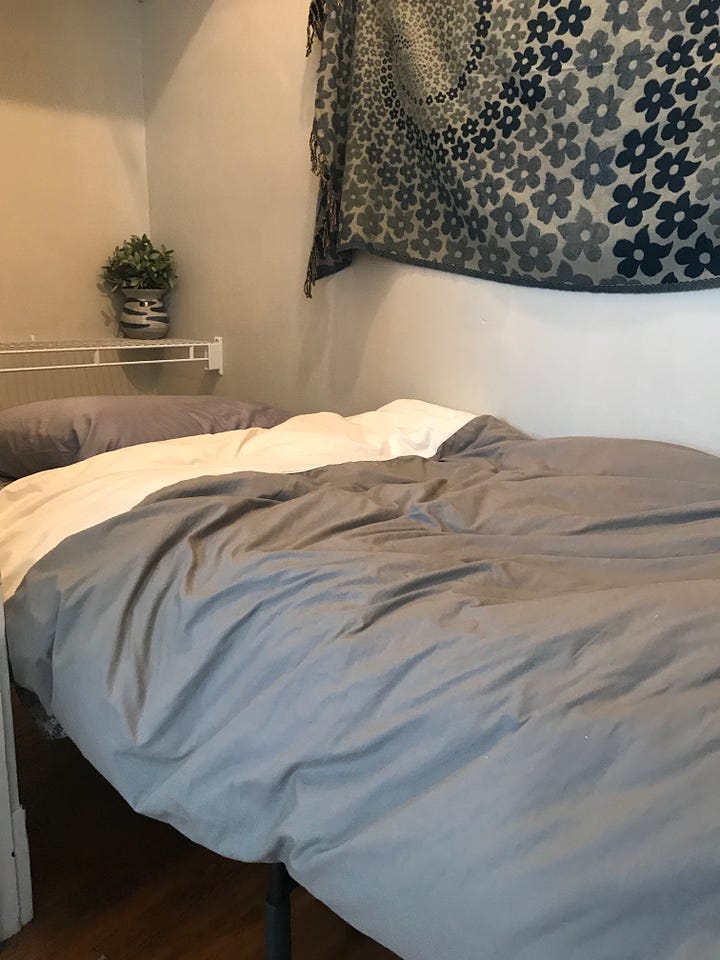
4. That I spend more time managing my business than making art
Lots of folks tell me that my job sounds dreamy because they assume I just paint in the forest all day. But so much busy work happens behind the scenes! An average 40-hour work week includes: packaging and shipping wholesale and online orders, e-mail, phone meetings, applying for grants and residencies, inventorying and ordering supplies for wholesale business, planning and preparing for workshops and book talks, painting or sketching out new paintings, driving around to install/deinstall work from galleries and shops, collecting inspiration outdoors for new work, and scanning & editing art for books or prints & stickers. I don’t have anyone telling me what to do, so I’ve had to learn to stay focused on my own by creating a daily to-do list, setting timers for 1-hour work focus chunks, and not having social media accessible from my phone or computer during the workday.
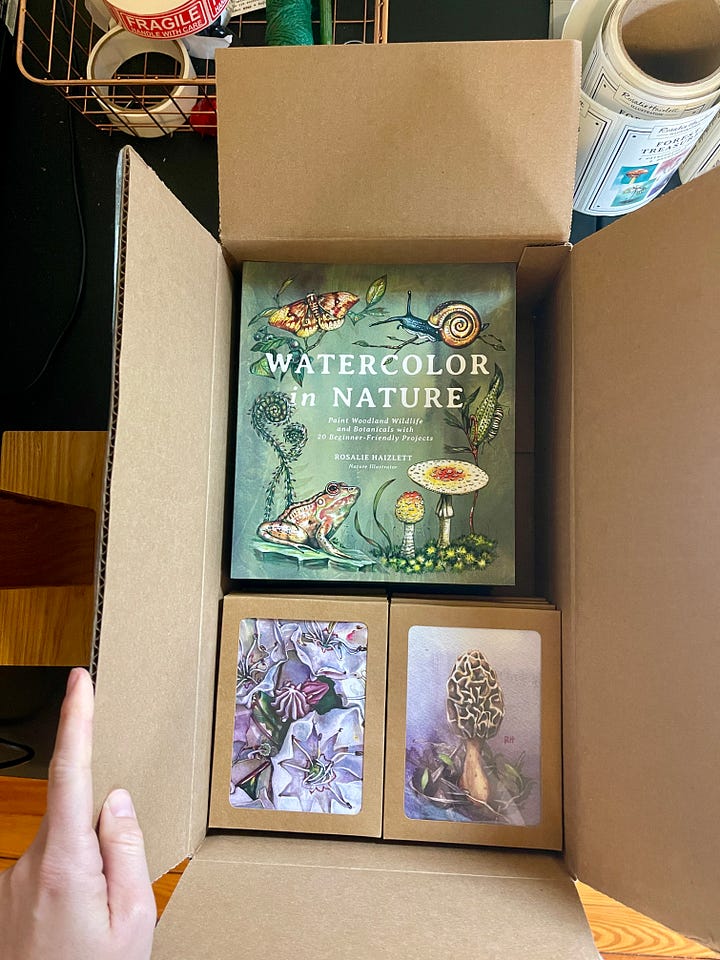
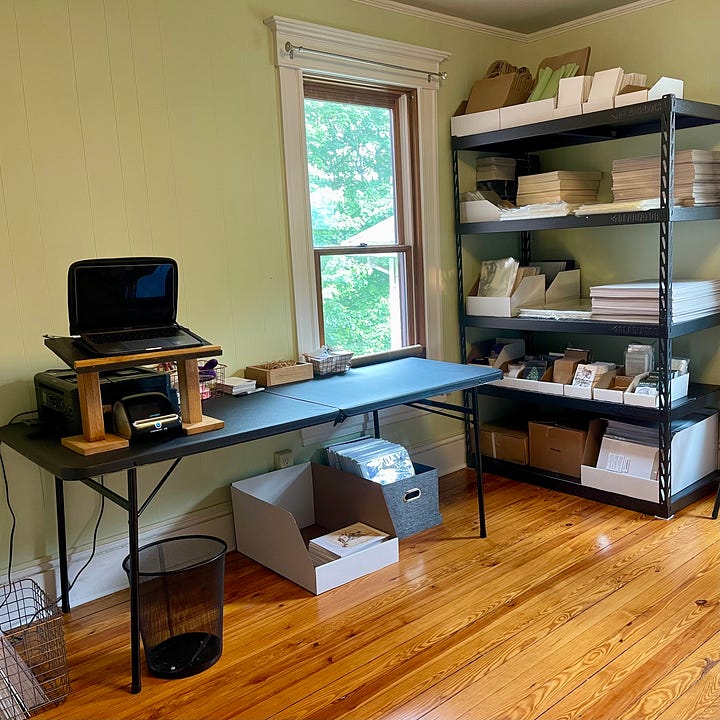
5. That I’ll never feel like I’ve “made it”
I’ve had a couple of people tell me recently that it seems like I’ve “made it.” And although I’m proud of what I’ve created and built, I feel like I’m always just figuring things out. I never want to get into such a routine that I churn out the same kind of work again and again, because that seems like a surefire recipe for burnout. Instead, as soon as I feel really confident in a skill, I think it’s time to search for new applications for my creativity.
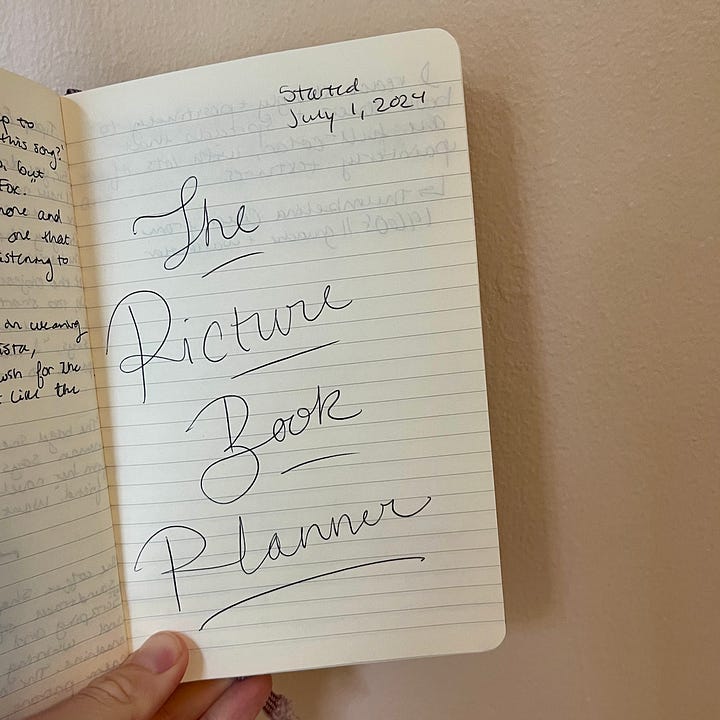
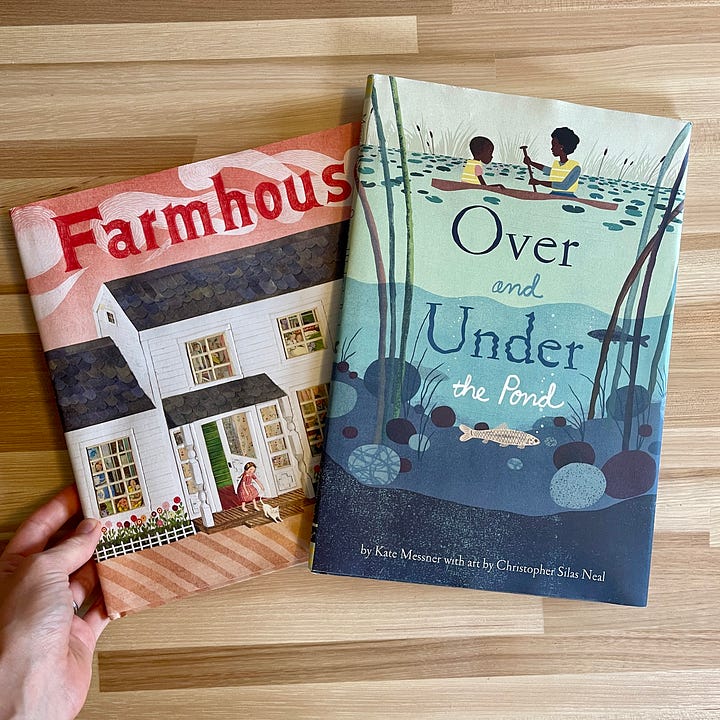
For example, I’m currently in the very baby stages of trying to become a children’s picture book author and illustrator. I have almost zero connections in that industry, know very few picture book authors personally, and know that my illustration style needs to be developed further to be a good fit for kids’ books. So it’s back to square one for me! But this is what I like most about having a creative job… I’ll never “make it” because there will always be new expressions of my creativity to explore and develop.
6. To learn from those who have come before
It’s a tricky balance to keep my eyes on my own path while still learning from others who have careers that I admire. I’ve learned that the best way to accomplish this is definitely not to obsess over other artists from afar via social media, but instead to do intentional, research-based deep-dives into what they’ve done to get to where they are. I look at their websites, check out their client lists, and make note of the different avenues they’ve found for their art. Then, I tuck away one or two pieces of inspiration—maybe a residency they did that I’d like to apply for—and move on. It’s important to learn from a vast variety of different folks so that I don’t end up awkwardly lurking in the shadows of someone else’s career. And when I feel myself becoming paralyzed from comparing my art, achievements, or timeline to someone else’s, it’s time to muster some self-control and avoid looking at their work so I can re-focus on my own unique trajectory and get back to work.
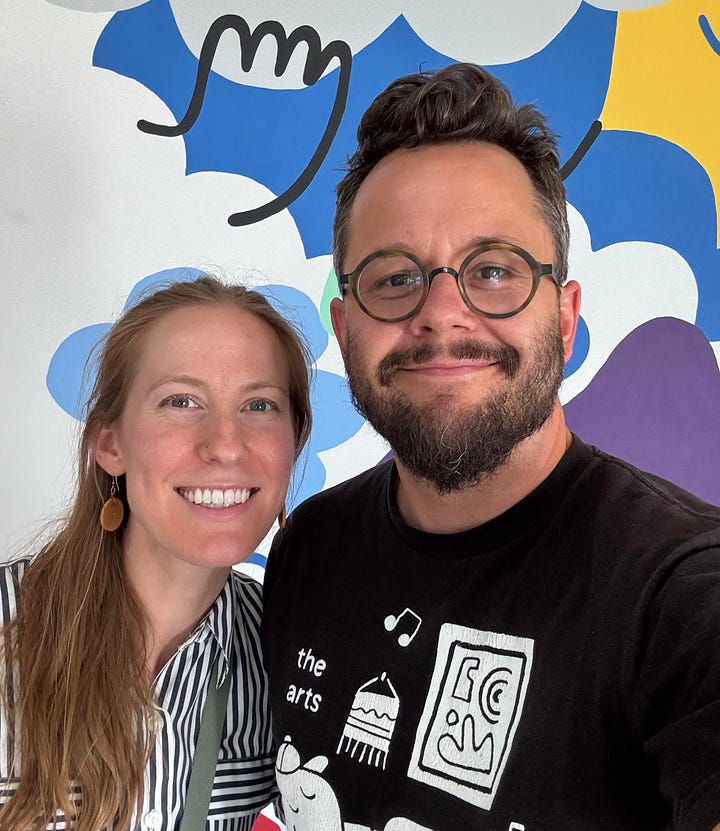
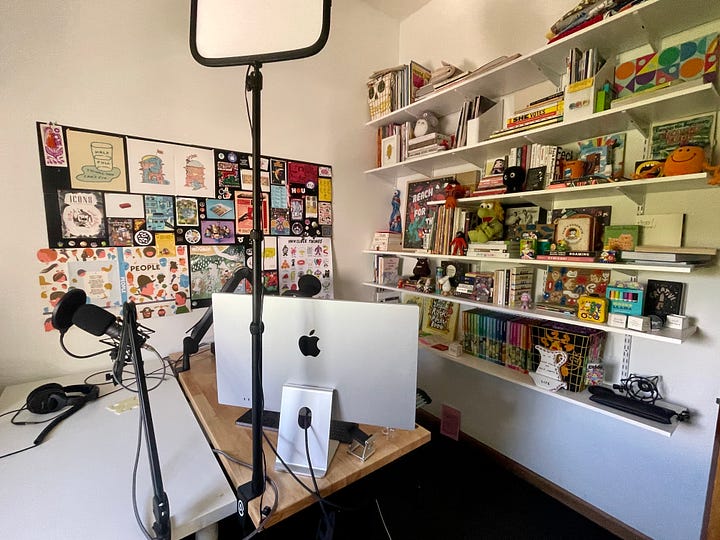
Someone who’s had a major impact on my creative career has been Andy J. Pizza, an illustrator and host of the incredible podcast, Creative Pep Talk. I love this show because I get to learn from hundreds of different professional creatives, from musicians to illustrators to ceramicists. Last month, I took a little road-trip to Columbus to sit down with Andy to be interviewed for his show. After 7 years of listening and learning SO much from Andy and his guests, this felt like such a full-circle moment. In our episode, we talk about the decision I made to keep my business small and manageable, how I created a niche in nature illustration, and the story behind my new book. Listen here: Episode #457 - The Big Breakthrough Power of Finding Your Small Focus with Rosalie Haizlett.
If you’re just starting out or are interested in doing creative work as your job, I hope some of this is helpful for you. I’ve learned so much from others along the way, and I always want to be open about my experiences so that I can help demystify the reality of being a professional artist. Feel free to leave any comments about your artistic journey in the discussion box below so we can learn from you, too!
One more thing: my advance copy of my new book arrived!
I’m so pleased with how all the artwork printed. The watercolor textures translated so beautifully to the page and it feels very much like flipping through my sketchbook. If you haven’t pre-ordered yet, you can do so here (signed copies available)! My book will be out on September 1st from Mountaineers Books.
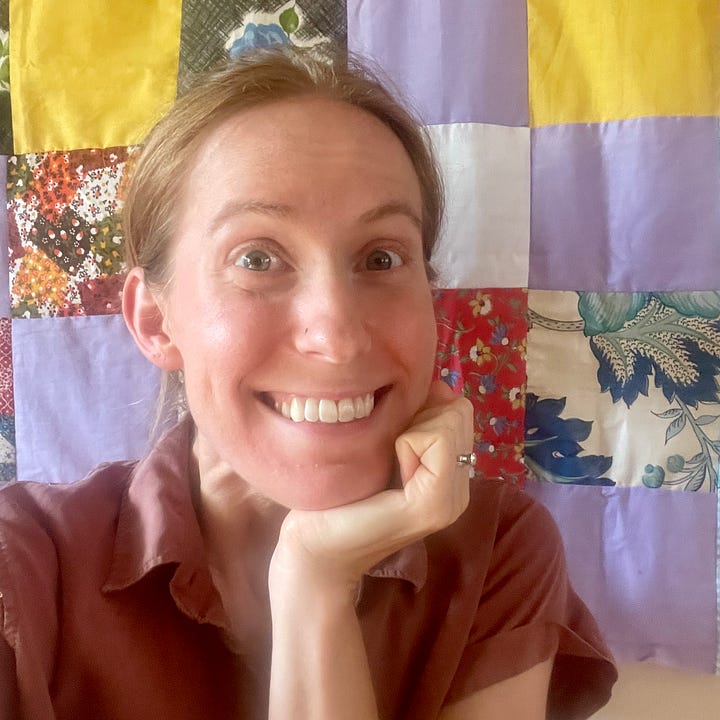
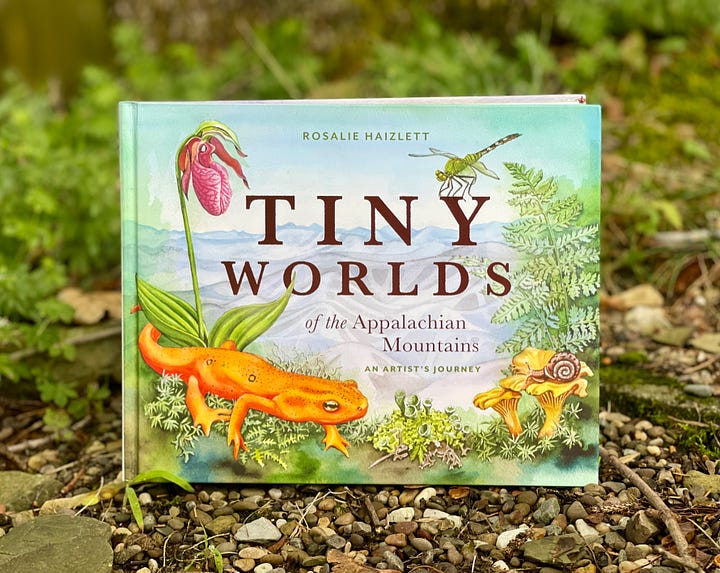





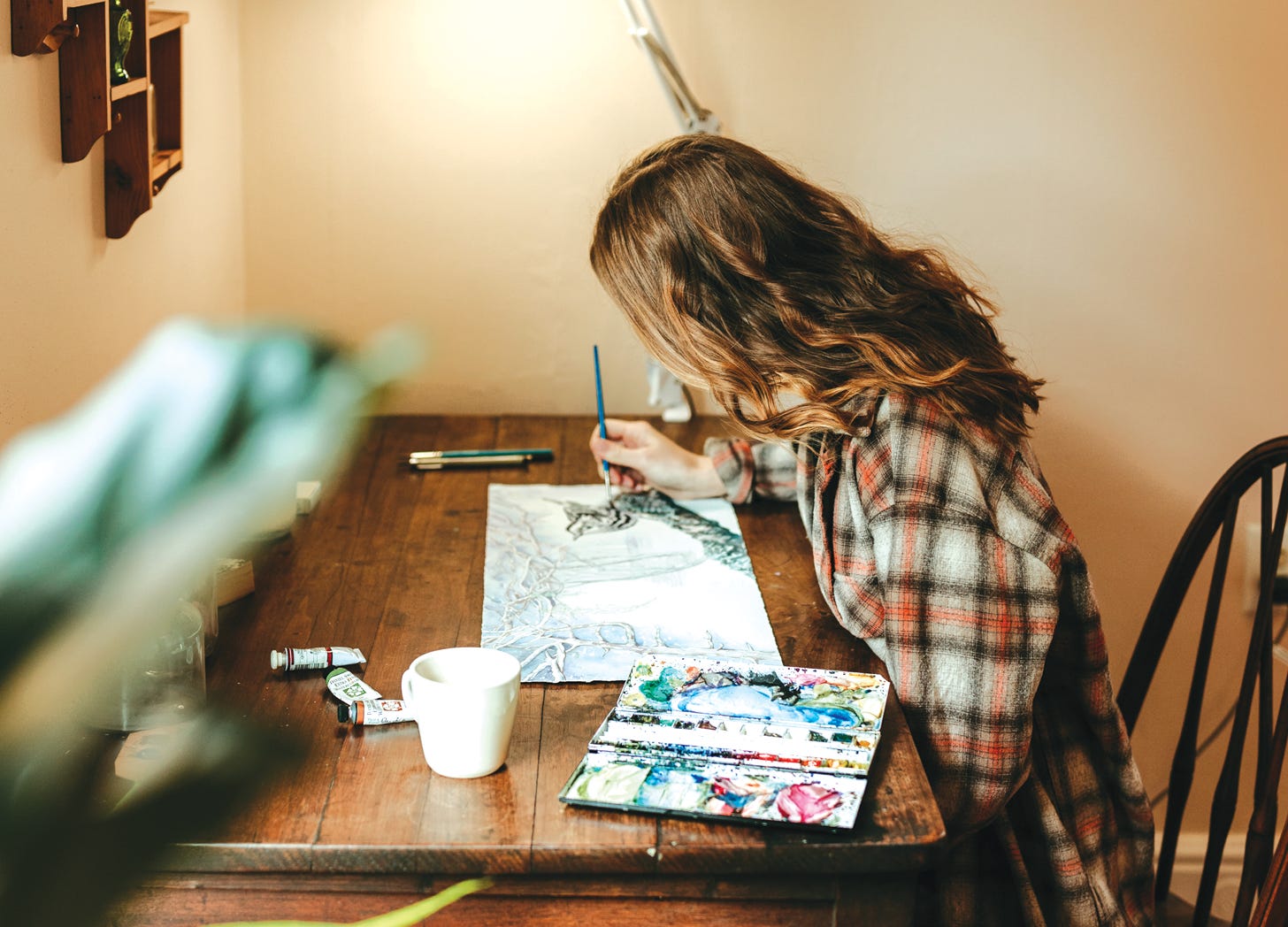

Loved this read, your honesty, authenticity, and encouragement! So so helpful. Thank you and I can't wait for Sept. 1 -congrats!
This was so helpful! Thank you for sharing! ❤️